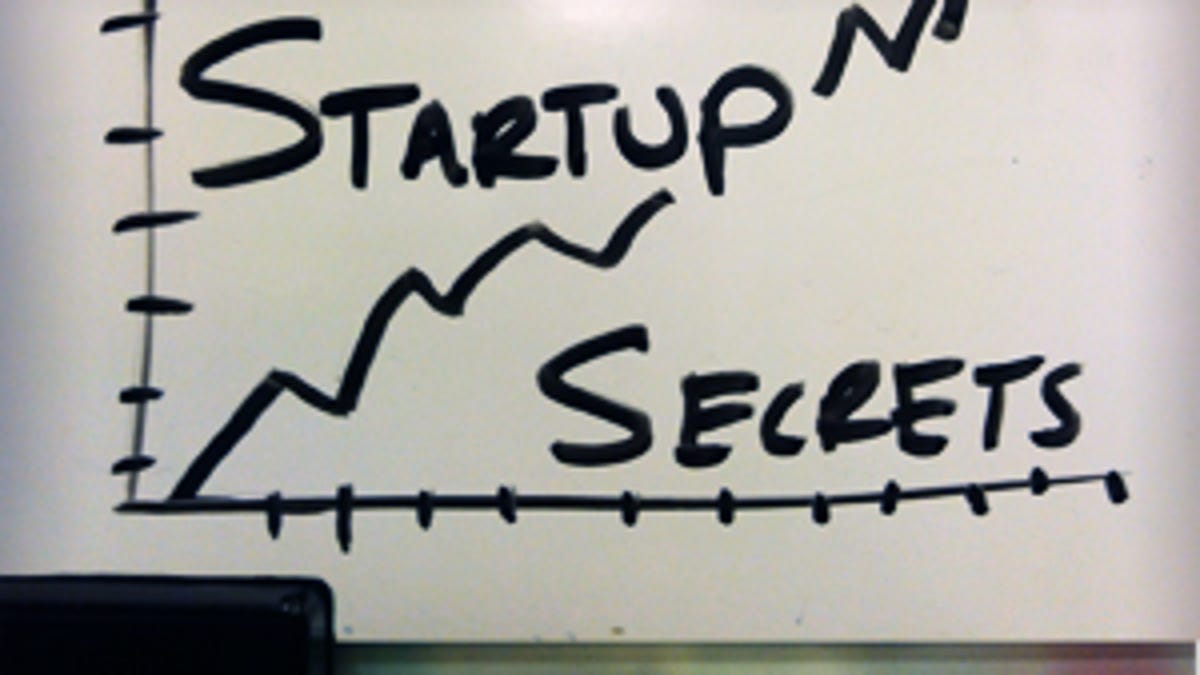Startup Secret No. 12: 1 percent of a gajillion dollars!
If it's a lot to you, it's a lot to your competitors, too.

--Eric Johnson, GM of CBS Interactive News and CNET
Oh, great, our own finance guy doesn't trust Excel.
Says Eric, "You can convince yourself of anything in Excel with some very reasonable sounding projections and assumptions."
When I asked him to elaborate, he gave me another, even more ominous secret: "Every assumption you make is wrong." He adds: "Even for companies that have worked well, it always takes longer, costs more, and is harder than you expect."
The most common example of spreadsheet lock-in that I see goes like this: Company X is attacking a well-established, large market. The product is great. Early beta testers love it. The founders know that even a slight toehold in the market will count as a success. So up comes the Delusion Slide in their pitch deck: A chart showing how they're going to get to 1 percent of market share in some mathematically plausible period of time based on their current growth, with a revenue number in the hundreds of millions of dollars based on that.
Most of them never get there. The paradox, and the delusion, is that 1 percent is a lot for you but just a little for the market; that you can skim off that 1 percent and no one will be the wiser.
It does not work that way. If your fortune would be made on the 1 percent, chances are somebody else's will be lost on it. You think they're going to let it go easily?
Startup Secrets is based on personal interviews with people building companies and on their blog posts and news stories. Subscribe to Startup Secrets on Twitter or come back to Rafe's Radar every day for a new one. See all the Startup Secrets.

